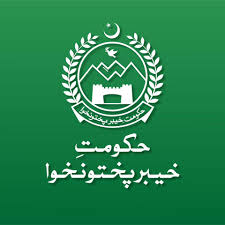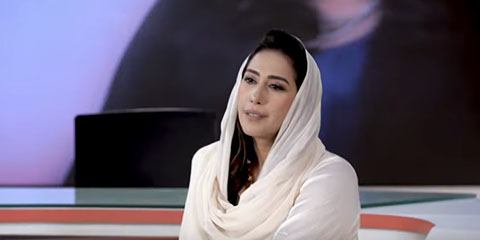Pemra’s advice
It is a crude attempt at curtailing freedom of expression. The Pakistan Electronic Media Regulatory Authority (Pemra) issued a statement the other day telling news channels to refrain from airing “unsubstantiated, judgmental and unipolar [one wonders if the writer deliberately used this term connoting persistent depressive disorder] remarks” about the National Accountability Bureau (NAB), “with an alleged intent [doubtful?] to malign the state institution [it is an independent accountability organisation, not a state institution] “without getting its point of view. Broadcasting such remarks was in “absolute disregard” of previous instructions, including those issued in compliance with orders of the Supreme Court, prohibiting discussion on sub judice matters, added the statement.
As regards under trial cases, a long-honoured rule has been to report only court proceedings and/or related background facts, and to avoid making comments that could prejudice a matter being considered by court or a tribunal. Admittedly, of late, the media, especially TV channels, have been turning a blind eye to this essential element of fair trial. Ever since the courts started taking up alleged corruption cases involving politicians, there has been a free flow of all sorts of comments. In this particular respect, course correction is in order. Pemra, however, went on to command that “all news and current affairs TV channels, and their anchorpersons as well as guests have to refrain from voicing personal biases in a news report or a talks show.” True, news reports must remain confined to the facts. Also true is that all journalism is biased one way or another. Even in news reporting bias may find reflection in the selection or omission of a particular event or statement for coverage. Some may highlight issues related to democratic freedoms, human rights, social and gender equality, and other pro-people concerns. How news is reported may also reinforce retrogressive attitudes. It is best to leave it to the people to decide what is right or wrong as long as facts are reported objectively, without any sensationalizing aspect to them.
It makes no sense for Pemra to demand that anchorpersons and guests in talk shows should refrain from voicing personal biases. Every thinking person has a bias which contextualizes conversations. Besides, in the TV talks shows the guests invariably are representatives of different political parties. No surprise then if they take partisan positions. As for the regulator’s concern about criticism of NAB without getting its point of view, it is unwarranted considering that the statements the accountability bureau issues from time to time regarding its achievements or clarifications about ongoing cases are regularly carried by the electronic as well as print media. But people cannot be stopped from finding fault with its performance. Talk show hosts, discussants, or any other person have every right to judge its performance on the basis of its conduct, and results in several high profile cases. In any event, freedom of expression is a core value of democracy; Pemra must learn to respect it. It would also be wise to understand that journalism cannot be expected to be free of bias.
Newspaper: Business Recorder (Editorial)




